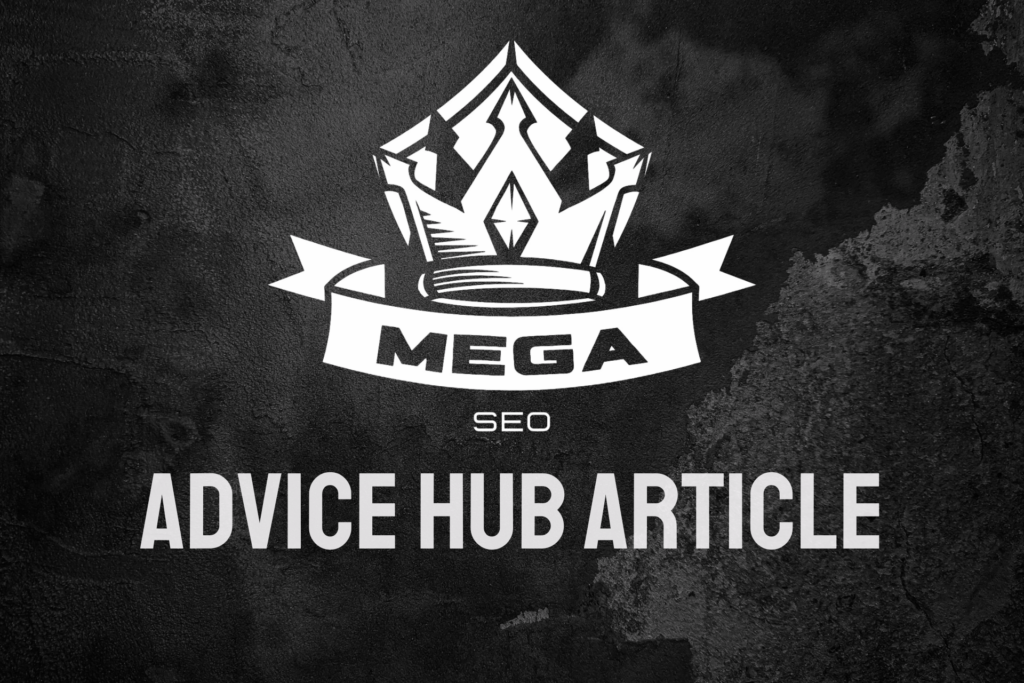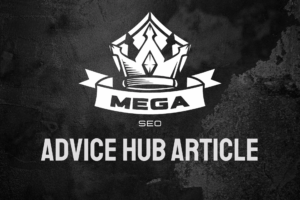Content length plays a significant role in SEO performance, influencing how search engines evaluate and rank web pages. While there’s no universal ‘perfect’ word count, understanding how content length affects search rankings helps create more effective SEO strategies. This comprehensive guide explores the relationship between content length and SEO success, providing practical insights for optimising your content strategy.
What Makes Content Length Important for SEO?
Search engines aim to deliver comprehensive, valuable information to users. Longer content often provides more opportunities to cover topics in depth, answer related questions, and include relevant keywords naturally. However, quality always trumps quantity – content must remain focused, engaging, and relevant to your audience’s needs.
How Does Word Count Impact Search Rankings?
Research suggests that longer-form content tends to rank better in search results, with pages containing 1,500-2,500 words frequently appearing in top positions. This correlation exists because comprehensive content typically:
- Addresses User Intent Thoroughly: Longer articles can explore topics from multiple angles, ensuring readers find complete answers to their questions.
- Earns More Backlinks: In-depth content often attracts more natural backlinks from other websites, strengthening your off-page SEO profile.
- Increases Time on Page: Engaging, detailed content keeps visitors reading longer, sending positive engagement signals to search engines.
- Creates Natural Keyword Opportunities: More content allows for natural inclusion of primary and secondary keywords without appearing forced.
What Factors Should Guide Your Content Length?
Several considerations should influence your content length decisions:
Topic Complexity
Some subjects require more extensive explanation than others. Technical topics or comprehensive guides might need 2,000+ words to provide value, while simple questions could be answered effectively in 500 words.
User Intent
Understanding what users seek helps determine appropriate content length. Informational queries often benefit from detailed explanations, while transactional searches might need concise, action-focused content.
Competition Analysis
Examining top-ranking pages for your target keywords provides insights into effective content length in your niche. Consider both word count and content depth when analysing competitors.
How Can You Optimise Content Length for SEO?
Follow these strategies to create content that satisfies both search engines and users:
Start with Thorough Research
Before writing, gather comprehensive information about your topic. Consider:
- Keyword Research: Identify primary and related keywords to cover thoroughly within your content.
- User Questions: Research common questions and concerns your audience has about the topic.
- Competitor Content: Analyse successful content in your niche to identify gaps and opportunities.
Structure Content Effectively
Proper content structure enhances readability and SEO performance. Implement these on-page SEO best practices:
- Clear Hierarchy: Use headings and subheadings to organise information logically.
- Short Paragraphs: Break text into digestible chunks to improve readability.
- Visual Elements: Include relevant tables, lists, and formatting to enhance engagement.
What Role Does Technical Implementation Play?
Proper technical SEO implementation ensures your content performs optimally:
- Page Load Speed: Optimise images and code to maintain fast loading times despite longer content.
- Mobile Responsiveness: Ensure content displays properly across all devices.
- Schema Markup: Implement appropriate schema to help search engines understand your content better.
How Does Local Content Length Differ?
When creating content for local SEO purposes, length requirements might vary. Local content should:
- Focus on Regional Relevance: Include location-specific information while maintaining comprehensive coverage.
- Address Local Search Intent: Provide detailed information about local services, locations, and community-specific topics.
- Balance Detail with Practicality: Ensure content length serves local user needs effectively.
Ready to Optimise Your Content Strategy?
Creating effective, well-optimised content requires careful planning and execution. Our SEO team based in Wigan specialises in developing content strategies that balance optimal length with engaging, valuable information. We understand the nuances of content optimisation and can help you create content that ranks well and resonates with your target audience.
Whether you need help determining appropriate content lengths, structuring your articles effectively, or implementing technical optimisations, our experienced team can guide you through the process. Contact us today to discuss how we can help improve your content strategy and boost your SEO performance.




